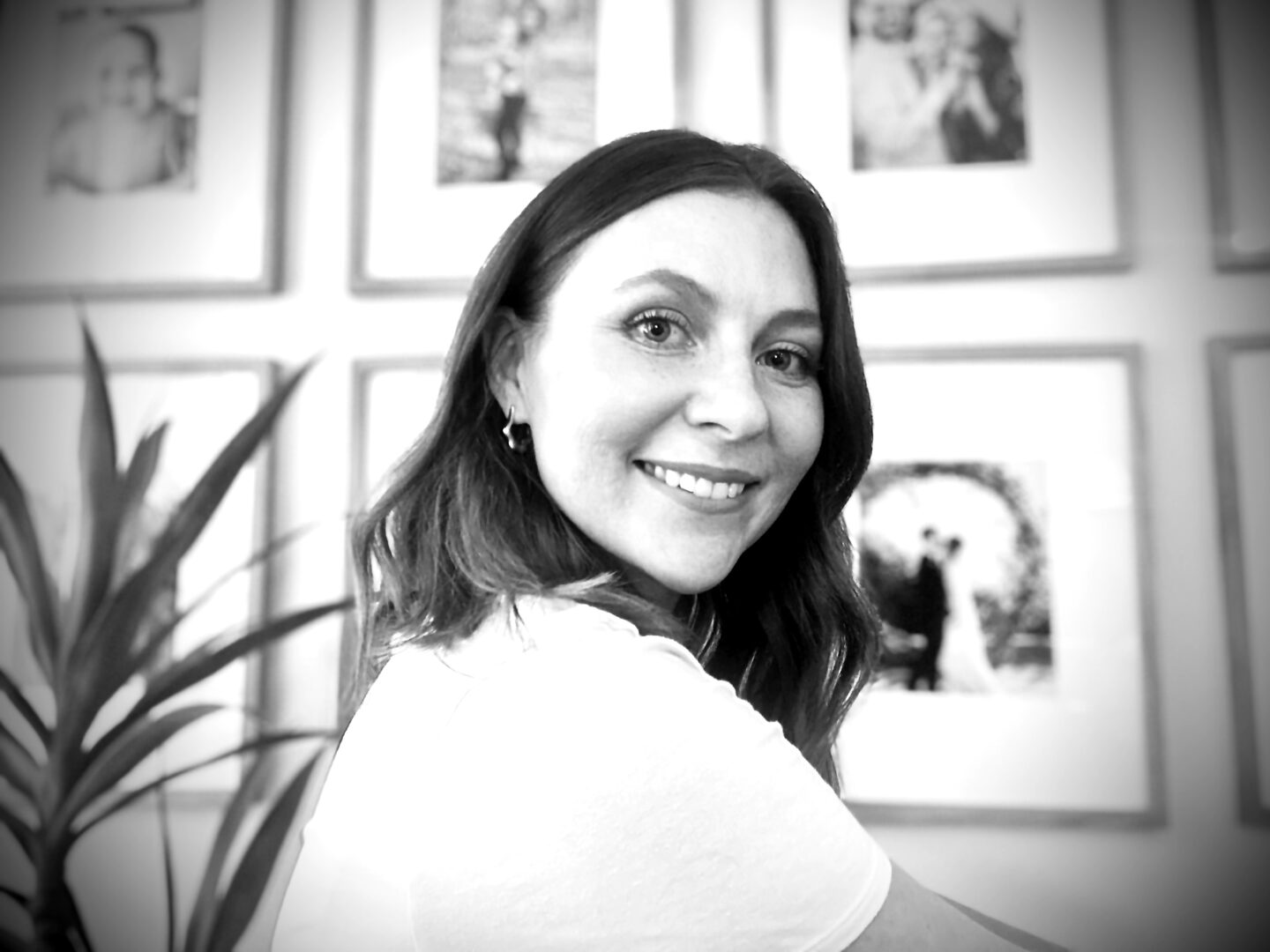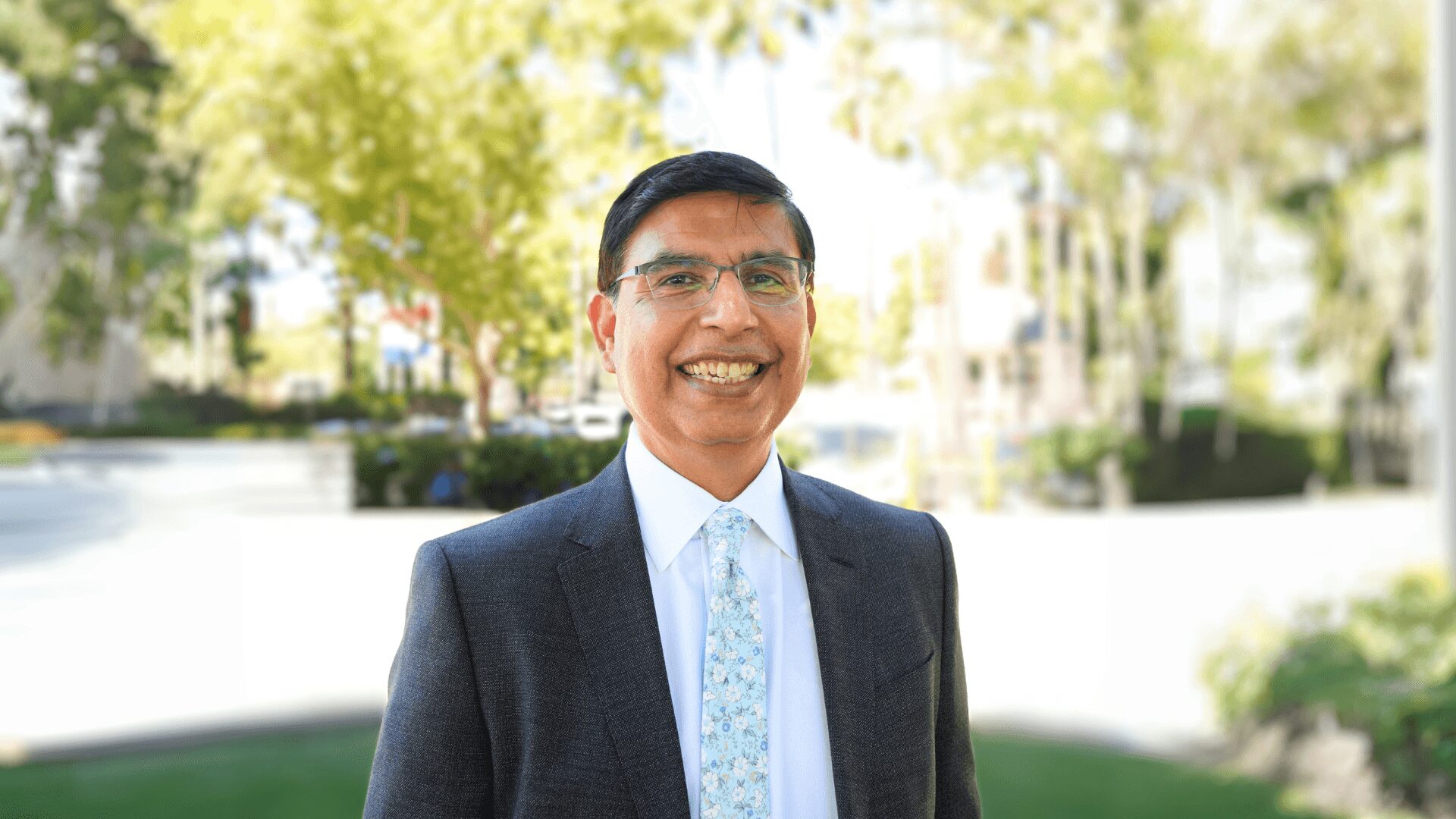We caught up with the brilliant and insightful Wenjue Lu a few weeks ago and have shared our conversation below.
Wenjue, first a big thank you for taking the time to share your thoughts and insights with us today. I’m sure many of our readers will benefit from your wisdom, and one of the areas where we think your insight might be most helpful is related to imposter syndrome. Imposter syndrome is holding so many people back from reaching their true and highest potential and so we’d love to hear about your journey and how you overcame imposter syndrome.
As an artist and designer, overcoming imposter syndrome has been a significant part of my journey. The moment I came into contact with “Sashiko,” a traditional Japanese hand-sewing technique, it felt like a profound connection. Sashiko embodies everything I’ve always hoped to express in my work: it is slow, artisanal, and subtle. This realization helped me ground myself in my artistic identity and reinforced my belief in the value of my creative approach.
Amid a noisy environment, Sashiko allowed me to immerse myself in the interrelationship of people, needles, threads, and cloth. The elegance and naturalness of hand stitching, the concentration, and harmony between them all, fascinated me. This art originated from simple folk life, used initially as a technique for reinforcing fabrics and mending holes. It carried the warmth of family and the hardships of labor. As Sashiko entered modern aesthetics, it became popular in society, endowed with a renewed attitude and life. This transformation resonated deeply with my own evolution as a designer.
Growing up in Beijing and studying sketching as a child left a deep imprint on my creative world. This background allowed me to focus on nuances, especially on varied shades and tones and the deep depiction of still life. My experience at Parsons in New York broadened my exposure to various mediums, enabling me to explore accessories, space installations, still lifes, furniture, and toys. This diversity helped me find my own design language and strengthened my confidence in my unique perspective.
In 2020, I established my eponymous brand, Wenjüe Lu, and launched my first capsule collection, The Fafa Bag. Every step of creating this collection, from pattern making to hand sewing, was a labor of love that embodied my creative vision. The positive reception, including being featured in high-end fashion boutiques like Dover Street Market and receiving orders from Net-A-Porter China, validated my work and eased my self-doubt.
Despite these achievements, I often grapple with the balance between over-polishing and over-simplification. Navigating this balance and questioning the naturalness and realness of my creations are ongoing challenges. However, Sashiko has become a guiding philosophy, embodying a spirit that is ancient but not stale, a way of slowing down and mending life. This practice has helped me embrace my imperfections and trust in my creative process.
My creative motif, “The poem inside you,” reflects my belief that art can be abstract or figurative, truthful or paradoxical, modern or ancient. It is a space where memories and imaginations merge, allowing me to convey emotions on my terms. Overcoming imposter syndrome has been about embracing this philosophy, recognizing the value of my unique perspective, and trusting in the authenticity of my creative journey.

Thanks for sharing that. So, before we get any further into our conversation, can you tell our readers a bit about yourself and what you’re working on?
In 2020, I launched Studio Wenjüe Lu with my partner Chufeng Fang as an artist duo. Our studio seeks to restore a sense of “slowness” to the ever-accelerating world. Though I majored in fashion design, I aim to disintegrate fashion, along with the construct known as trend. Our studio serves as a multidisciplinary platform integrating multiple forms of different mediums—a visual and aesthetic way to philosophize, tell a story, put out a statement, and disclose truths about oneself.
We are repulsed by the idea of mechanically reproduced commodities, preferring to treat each of our outputs as individual works of art, made by hand and felt by heart. Insisting on hands-on design and craft, Studio Wenjüe Lu is devoted to rediscovering and cherishing craftsmanship and the folk spirit while respecting the natural state of different fibers, shades, and textures. We infuse our ongoing exploration of our life philosophy into our creations.
Our studio fundamentally rejects the wasteful commercialism that dominates much of today’s fashion industry. Fast fashion’s relentless cycle of production and consumption leads to massive waste and overproduction. This system not only exhausts natural resources but also fills our landfills with discarded clothing, causing tremendous environmental harm. We choose a different path.
Sustainability is a core principle for us, and we believe it is the necessary premise to begin anything today. Sustainability is not just a concept I embrace—it’s the very heartbeat of my art and design practice. At Studio Wenjüe Lu, every decision we make is deeply rooted in a commitment to sustainability and respect for our planet. Rejecting waste and overproduction, we challenge the notion that success is measured by scale. For us, true success is creating meaningful, sustainable art that respects and honors the natural world. We hope to inspire others to rethink their relationship with clothing and adopt a more mindful and sustainable approach to fashion.
I have always believed in the power of natural fibers. Materials like cotton, linen, and wool connect us to the earth in a way that synthetic fibers cannot. They breathe, age gracefully, and, at the end of their life, can return to the soil, closing the natural cycle. By exclusively using natural fibers, we significantly reduce our reliance on harmful petrochemicals and minimize our ecological footprint.
Our studio aims to become an artistic entity that defies singular definition, focusing simultaneously and inter-sectionally on studio art, garments, communal happenings, and cultural workshops. We are passionate about fostering a deeper appreciation for craftsmanship and slowing down the relentless pace of modern life. Moreover, we see a tremendous opportunity to bring economic growth to the United States by reviving and promoting traditional craftsmanship. By creating unique, handmade pieces, we can support local artisans and contribute to a more sustainable and meaningful economy.

Looking back, what do you think were the three qualities, skills, or areas of knowledge that were most impactful in your journey? What advice do you have for folks who are early in their journey in terms of how they can best develop or improve on these?
Looking back on my journey, I realize that three key qualities and skills have been most impactful: daring to dream and imagine, embracing the balance between intention and spontaneity, and respecting and learning from nature and traditions.
Daring to Dream and Imagine:
To be daring is to dare to dream and imagine a better world. This quality has been fundamental in my journey. It’s about envisioning not just what is, but what could be. I’ve always challenged myself to actively reshape our world through creativity. This kind of daring is about more than just thinking big; it’s about taking concrete steps to actualize those dreams, working with nature and likeminded individuals to make those dreams a reality. My advice to those early in their journey is to cultivate this daring spirit. Dream boldly, and don’t be afraid to take risks. Surround yourself with people who share your vision and can support and challenge you.
Balancing Intention and Spontaneity:
The second impactful skill is finding balance. Both over-polishing and over-simplification can stifle creativity. I’ve learned that it’s essential to let things be at the start, to let the unconscious part of myself take reign through improvisation. Yet, as the work progresses, it’s crucial to inject life through detail, to reverse engineer the intention and the goal. This balance ensures that the work is neither too light to be insignificant nor too heavy to lose its essence. My advice here is to practice this balance in your work. Start with spontaneity and freedom, but gradually refine your work with care and intention. Recognize that the line between beauty and ugliness, high and low culture, can be arbitrary. Trust your intuition to find what feels “just right.”
Respecting and Learning from Nature and Traditions:
Lastly, a deep respect for nature and traditions has been invaluable. Combining authentic traditions from various communities while retaining their historical and cultural significance has allowed my work to resonate on a deeper level. Nature offers endless lessons in sustainability and interconnectedness. My advice is to study and respect what came before you. Let nature and traditional practices guide you. Embrace the knowledge they offer and integrate it into your work with a contemporary twist.

Who has been most helpful in helping you overcome challenges or build and develop the essential skills, qualities or knowledge you needed to be successful?
The journey of building and developing essential skills, qualities, and knowledge has been immensely influenced by the strong sense of community I have felt here in the United States. Moving from China and establishing myself in a new country presented numerous challenges, but the support and inclusivity I found here have been pivotal in overcoming these hurdles.
First and foremost, I must give thanks to the diverse and vibrant community that surrounds me. The American spirit of perseverance and innovation has been a constant source of inspiration. It’s the people here—the artists, entrepreneurs, mentors, and peers—who have provided unwavering support, encouragement, and collaboration. This sense of community has invigorated me, pushing me to consistently hone my skills as both an artist and an entrepreneur.
In particular, the diversity in the United States has enriched my perspective and broadened my understanding of different cultures and artistic expressions. This melting pot of ideas and experiences has not only influenced my work but also instilled in me a deep appreciation for inclusivity. It’s this diversity that has made me feel supported and welcomed, allowing me to thrive in a space that celebrates different voices and perspectives.
Moreover, the American spirit of resilience has helped me push through numerous challenges. The entrepreneurial drive and the “never give up” attitude prevalent here have been crucial in my journey. The encouragement to dream big and the resources available to bring those dreams to life have empowered me to keep going, even when faced with significant obstacles.
Being part of such a dynamic and supportive community has inspired me to give back. As a business, Studio Wenjüe Lu aims to contribute to the economic growth of the communities we are part of. We strive to create opportunities, support local artisans, and foster a culture of sustainability and craftsmanship. It’s my way of expressing gratitude for the inclusiveness and support I’ve received, and my commitment to helping others succeed as I have.
In conclusion, it’s the collective spirit of the community here in the United States that has been most helpful in my journey. The support, diversity, and resilience I have encountered have been instrumental in my development, and I am dedicated to giving back and contributing to the continued growth and vibrancy of these communities.
Contact Info:
- Website: https://wenjuelu.com
- Instagram: wenjuelu
- Linkedin: Wenjüe Lu


so if you or someone you know deserves recognition please let us know here.




